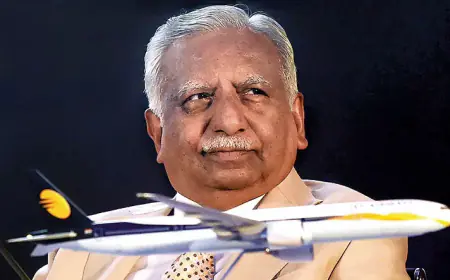'Nehru model has failed, we have been trying to improve it for 10 years', Jaishankar raised questions on Pandit Nehru's foreign policy
S Jaishankar commented on the policies of the country's first Prime Minister. He said- 'Nehru development model' inevitably produces 'Nehru foreign policy' and we want to improve it abroad, just like efforts are being made to improve the results of this model at the domestic level. Jaishankar said that since 2014, work has been done to improve the curriculum.

External Affairs Minister S Jaishankar has commented on the policies of the country's first Prime Minister Pandit Jawaharlal Nehru. He said that the 'Nehru development model' inevitably produces 'Nehru foreign policy' and 'we want to improve it abroad, just like efforts are being made to improve the results of this model at the domestic level.'
Jaishankar said these things during his address on the occasion of the release of the book 'The Nehru Development Model' by former Niti Aayog Vice Chairman Arvind Panagariya. The model and the narrative associated with it continue to permeate our politics, bureaucracy, planning system, judiciary, public space including media, and above all teaching, the Union minister said.
Jaishankar also said that both Russia and China today explicitly reject the economic assumptions of that period, which they did far more to propagate. Yet, these assumptions appear to be alive in influential sections of our country even today.
"Certainly, after 2014, there has been a vigorous effort towards reforming the curriculum, but the authors claim with good reasons that it still remains a difficult task," he said.
In his address, the minister further said, "The Nehruvian development model essentially created a Nehruvian foreign policy. We want to fix it abroad, just as we try to improve the outcomes of the model at home." He said opposition to one idea is based on the link to the other, and both of these must be seen together.
The Foreign Minister started his address by referring to a famous line about India's independence by an American policymaker. On this occasion, Jaishankar referred to a 1947 statement by then-American policymaker John Foster Dulles. He said it could not have been more wrong for that government then, but something American policymakers in Washington believed correct for decades after that. He says that he asked himself many times whether Dulles was completely wrong. He found the answer in Panagariya's book.
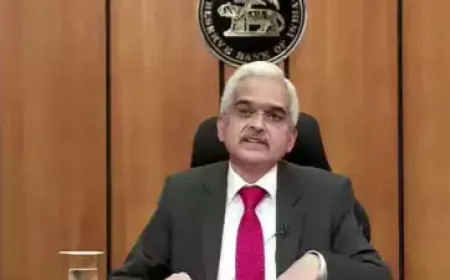
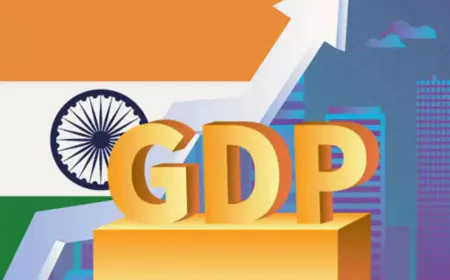

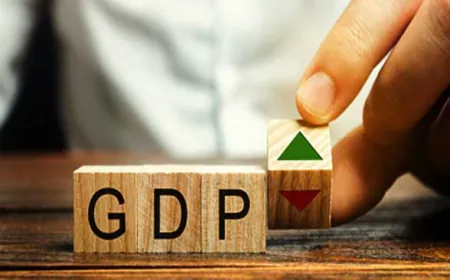


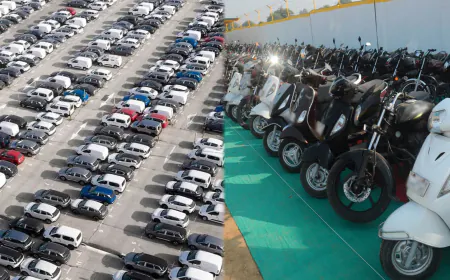


















































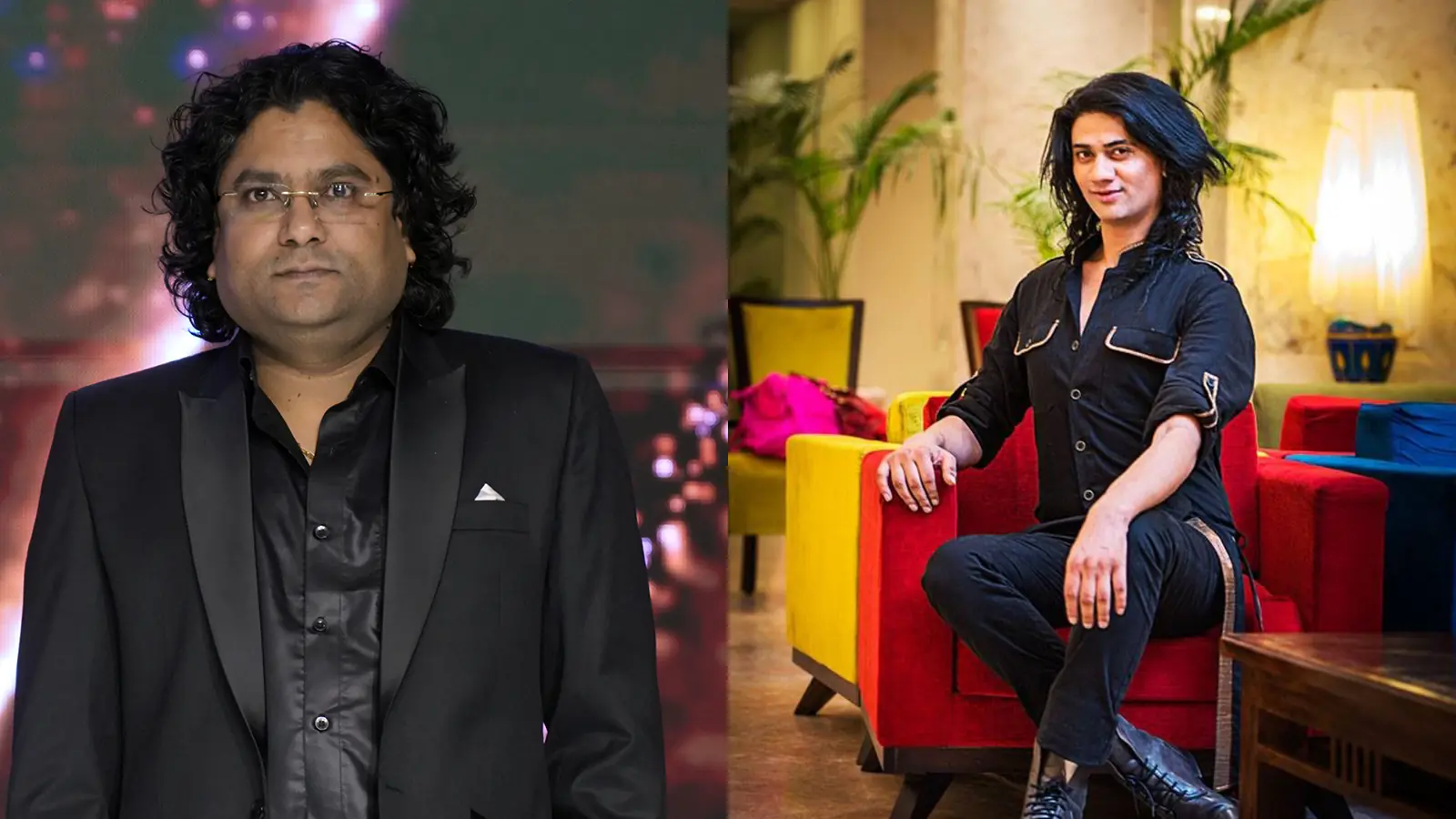






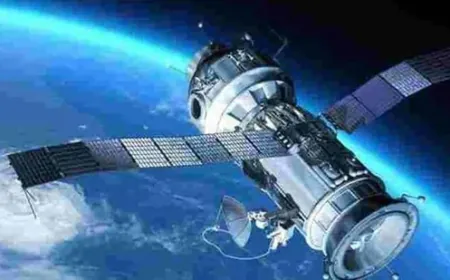














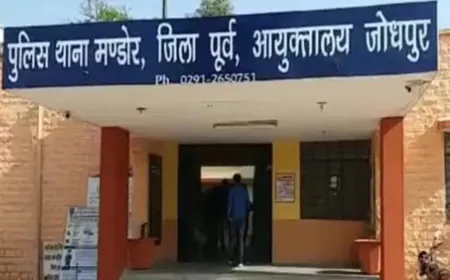








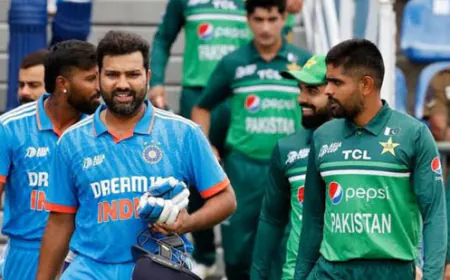
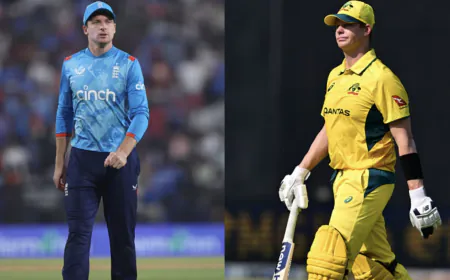

























.jpeg)




